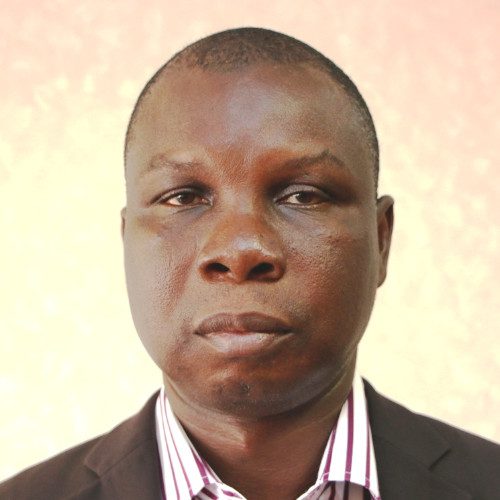Business activity in Nigeria dropped to the lowest in three months for June 2023 on the back of the fuel subsidy removal, a new Purchasing Managers’ Index has said.
According to the latest monthly PMI by Stanbic IBTC Bank on Monday, the headline PMI remained above the 50.0 no-change mark but dipped to 53.2 in June from 54.0 in the previous month.
Readings above 50.0 signal an improvement in business conditions, while readings below 50.0 show deterioration.
“While overall business conditions remained on a positive trajectory, firms faced a much stronger inflationary environment at the end of the second quarter of the year, linked to the removal of the fuel subsidy,” it said.
It said purchase prices increased at the fastest pace since last August, while the rate of selling price inflation accelerated sharply to the steepest in the year-to-date as firms passed higher costs on to their customers.
“Issues around the ending of the fuel subsidy also acted to limit the pace of output growth, according to respondents, although activity was still up markedly in the latest survey period. Output has now risen in each of the past three months amid higher customer numbers and growth of new orders. Wholesale & retail bucked the wider trend and posted a drop in activity,” it added.
The PMI index which measures the performance of the private sector is derived from a survey of 400 companies from agriculture, manufacturing, services, construction and retail.
It is a composite index based on five individual indexes with the following weights: new orders (30 percent), output (25 percent), employment (20 percent), suppliers’ delivery times (15 percent) and stock of items purchased (10 percent), with the delivery times index inverted so that it moves in a comparable direction.
“Business confidence dropped to the second-lowest on record in June and was only fractionally above last November’s nadir,” authors of the index said.
They said companies remained optimistic that output will increase over the coming year, however, linked to investment, business expansion plans and proposed marketing drives.
In May, President Bola Tinubu during his inaugural speech announced the removal of the petrol subsidy. Barely three hours after the speech, fuel prices across the country surged by an average of 174.6 percent from their then price two months ago.
Currently, fuel in Africa’s most populous nation is selling at an average of N526.7 per litre from an average of N191.8 per litre a month ago, according to the calculation of NNPC’s new/old price list.
Input prices increased at the fastest pace since August 2022, while the rate of selling price inflation accelerated sharply as firms passed higher costs on to their customers, according to Muyiwa Oni, head of equity research West Africa at Stanbic IBTC Bank.
“Consequently, rates of expansion in output and new orders softened during the month. Notably, business confidence dipped to a near record low while companies expanded inventories to try and get ahead of further price increases,” he said.
Data from National Bureau of Statistics show that the country’s headline inflation rate accelerated for the fifth consecutive time in May as it rose to 22.41 percent in May from 22.22 percent in the previous month and there are expectations that it will continue to climb further in June.
“Indeed, petrol pump prices have increased by an average 176 percent countrywide. This may drive transport inflation further up (it contributes 7.5 percent to the inflation basket) as major transportation vehicles ‘intra-state’ use petrol,” Oni of Stanbic IBTC Bank, said.
He added that this may also spill over to inflation sub baskets. “We forecast inflation at 27.5 perent by year-end.”
Analysts at CSL Research, said in a recent report that in response, consumers have been trading down on the value chain, switching to cheaper alternatives as living costs rise in the face of generally low-income levels.
“With the expected rise in inflation following this current depreciation, we expect a further tightening of the consumer purse leading to low demand,” they said.

